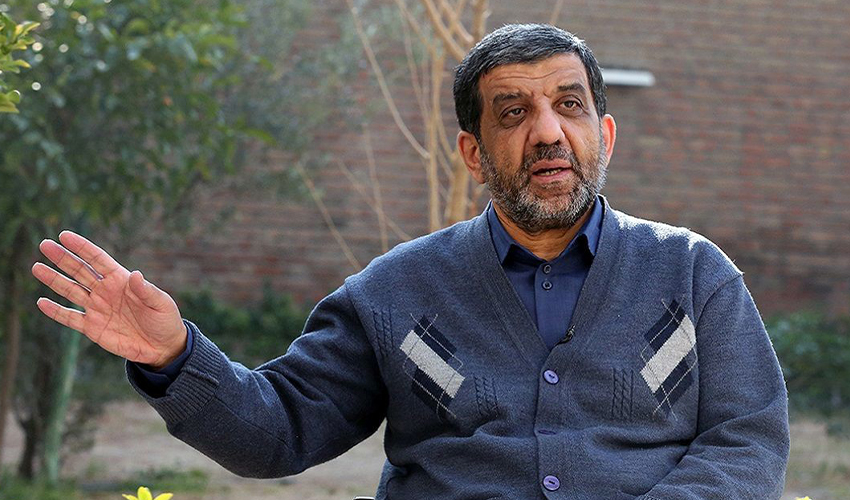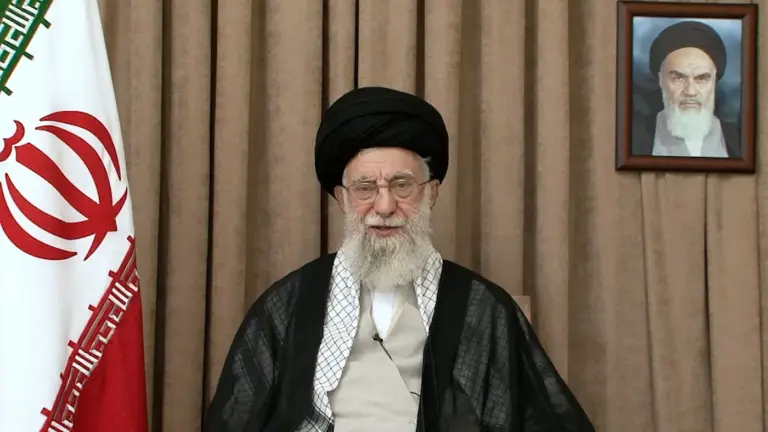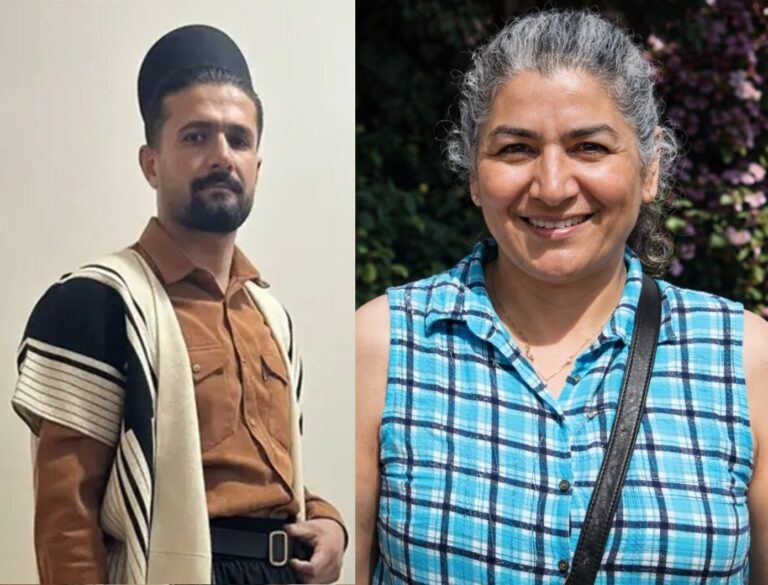
In the week of the 10th anniversary of the forced closure of the largest Persian-speaking church in Iran, the Islamic Republic’s Minister of Cultural Heritage, Handicrafts and Tourism has had the temerity to claim that “the people of the world should know” that despite economic problems, the Iranian government still takes money that could be used to feed its hungry Muslim citizens to pay for the restoration of Christian churches.
“Despite the economic problems of the country, we use the chicken and eggs of the Muslim people – some of whom are in need of their nightly bread – to finance the restoration of Christian churches,” said Ezzatollah Zarghami, in comments widely publicised on Iranian state media this week.
The comments come in the wake not only of the anniversary of the closure of the Central Assemblies of God Church in Tehran, but also while dozens of other churches have been forced to close in recent years, and some later confiscated after years of slow decay, leaving Persian-speaking Christians with no place to worship.
“The churches the minister refers to are possibly those like Vank and Khare Kelisa, which are National Heritage sites that every year generate huge revenues for the government from the tourists who visit them, but these comments will cause outrage and disbelief among the many Iranian Christians who are denied the right to have a place to worship,” explained Article18’s advocacy director, Mansour Borji.
The Iranian regime regularly uses its recognised religious-minority groups, including ethnic Armenian and Assyrian Christians, for its propaganda.
The majority of churches in Iran today belong to the historic Armenian and Assyrian communities, and they are afforded some freedom to worship, but strictly monitored to ensure they preach only in their ethnic-minority languages – not the national language of Persian – and do not evangelise or speak out against the government.
Those churches that fail to adhere to this mandate are closed, and their pastors arrested, as happened 10 years ago in the case of the Central Assemblies of God Church in Tehran.
Other examples include the Iranian-Assyrian pastor Victor Bet-Tamraz, who was removed from the leadership of the Shahrara Assyrian Pentecostal Church in Tehran and later arrested after continuing to minister to converts in his home; and two Iranian-Armenian pastors, Joseph Shahbazian and Anooshavan Avedian, who were last year also given 10-year prison sentences for the same “offence”.
Meanwhile, among the growing list of Christian properties confiscated and later repurposed are the former home of the Anglican bishop of Iran, which is now a museum; a church founded by the former head of the Assemblies of God denomination in Iran; and a popular retreat centre.
Other Christian properties closed or confiscated in recent years include the Jannat-Abad, Adventist, and St Peter’s and Emmanuel Evangelical churches in Tehran, and the Assyrian Presbyterian Church in Tabriz, which was later reopened after an international outcry.
Christian schools, hospitals and cemeteries have also been confiscated in the years since the establishment of the Islamic Republic in 1979.
And yet representatives of the Islamic Republic continue to claim on the international stage that religious minorities including Christians are afforded equal rights, and full religious freedom – not to mention, apparently, money for the restoration of their churches.
Truly, as the minister suggests, the people of the world should take note.



0 Comments